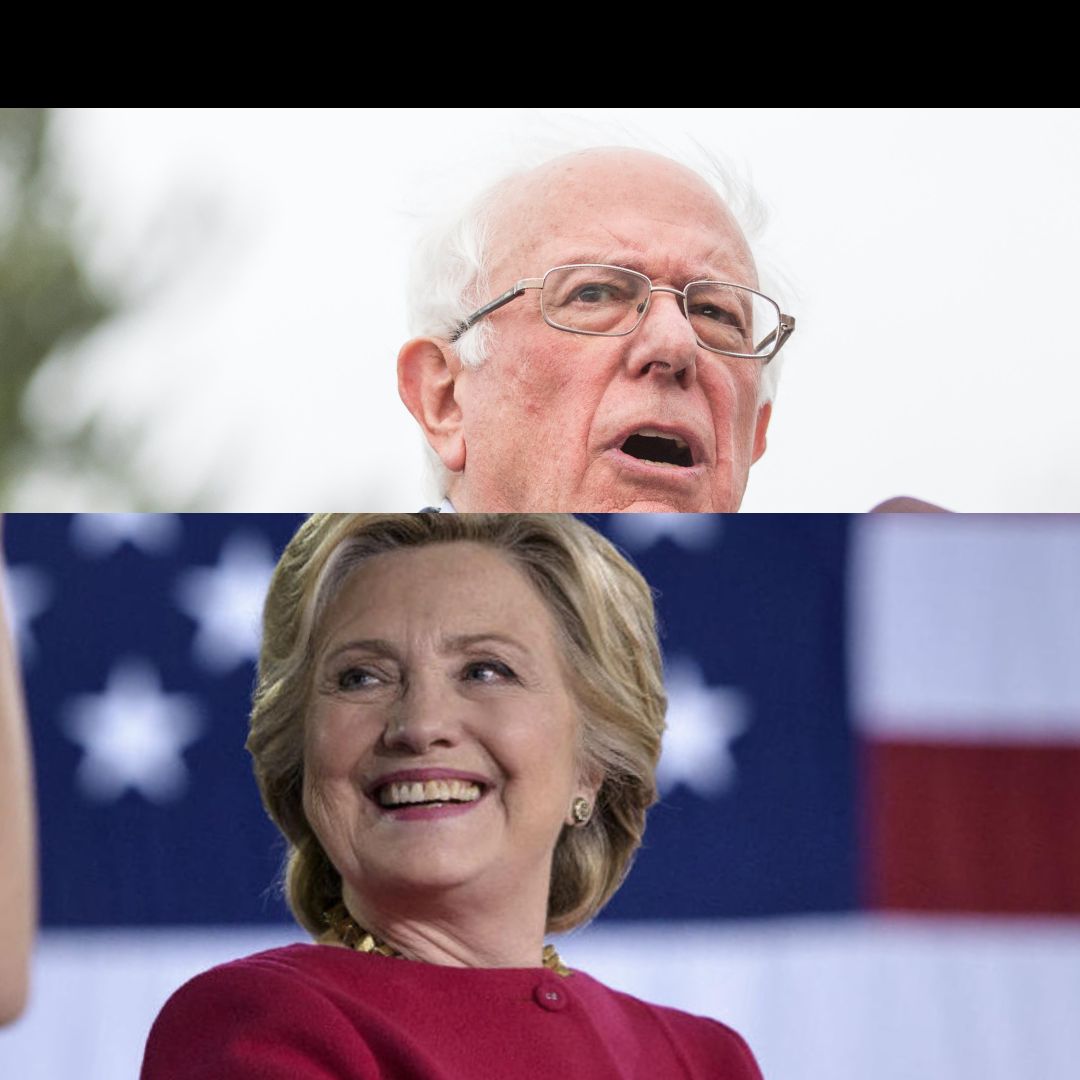In recent discussions surrounding political parties and Private Membership Associations (PMAs), a question has arisen regarding the legal standing of political organizations and their ability to prevent members from suing. Specifically, inquiries have been made about the Democratic National Committee (DNC) and its classification as a PMA, as well as the case of Wilding v. DNC Services Corp. Let’s delve deeper into this complex legal terrain to gain a better understanding.
Here is a summary of the case: https://en.wikipedia.org/wiki/Wilding_v._DNC_Services_Corp.
Here is the case to read for yourself: https://scholar.google.com/scholar_case?case=2900848006650278597
Firstly, it’s important to clarify that while “PMA” is often used as an acronym, it doesn’t hold a legal standing in and of itself. Instead, we’re referring to entities known as Unincorporated Associations or Incorporated Associations. These associations, including political parties like the DNC, operate under specific legal frameworks and tax classifications.
In the case of the DNC, it is classified as a tax-exempt corporation under section 527 of the tax code. This designation indicates its status as a political organization aimed at influencing issues, policies, or elections at various levels of government. However, the DNC’s legal structure as an Incorporated Organization, rather than a PMA, is significant in understanding its legal protections and liabilities.
One notable legal case that sheds light on this topic is Wilding v. DNC Services Corp. This case involved a lawsuit filed by supporters of Senator Bernie Sanders against the DNC, alleging bias in the Democratic primary process during the 2016 presidential election. The plaintiffs claimed that the DNC violated its own charter and bylaws by favoring Hillary Clinton as the party’s nominee.
However, the court ultimately dismissed the case, not on the grounds that the DNC was labeled a PMA, but rather because it was determined that the DNC, as an Incorporated Organization, had the legal authority to select its nominee without interference from the courts. This decision underscores the autonomy and discretion afforded to political parties in the nomination process.
It’s worth noting that while specific clauses within organizational documents can provide some protection against lawsuits, no entity is entirely immune to legal action. Nevertheless, with properly drafted documentation and legal counsel, entities can strengthen their defenses and potentially have cases dismissed.
The intersection of political organizations and legal frameworks is complex and multifaceted. Understanding the nuances of entities like the DNC and the legal precedents set by cases such as Wilding v. DNC Services Corp. is crucial for navigating this intricate landscape.
For those interested in further exploring these topics, resources such as The PMA Manifesto offer valuable insights and guidance. By staying informed and proactive, individuals and organizations can better protect their rights and interests within the legal realm.

Excellent post. I was checking continuously this
blog and I am impressed! Extremely useful info specifically the last part 🙂 I care for such information much.
I was seeking this certain information for a
long time. Thank you and good luck.